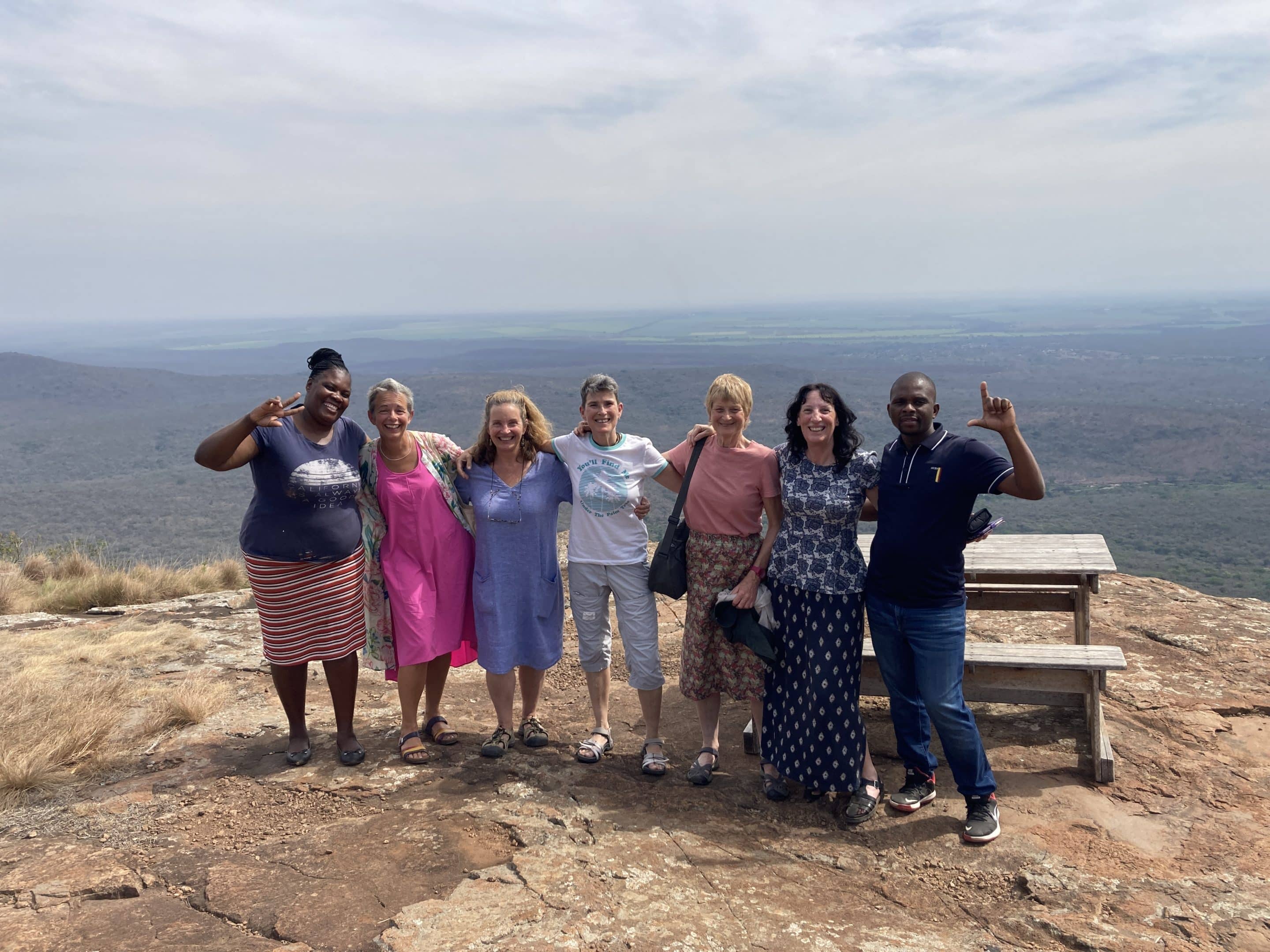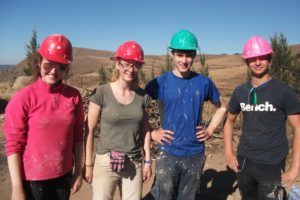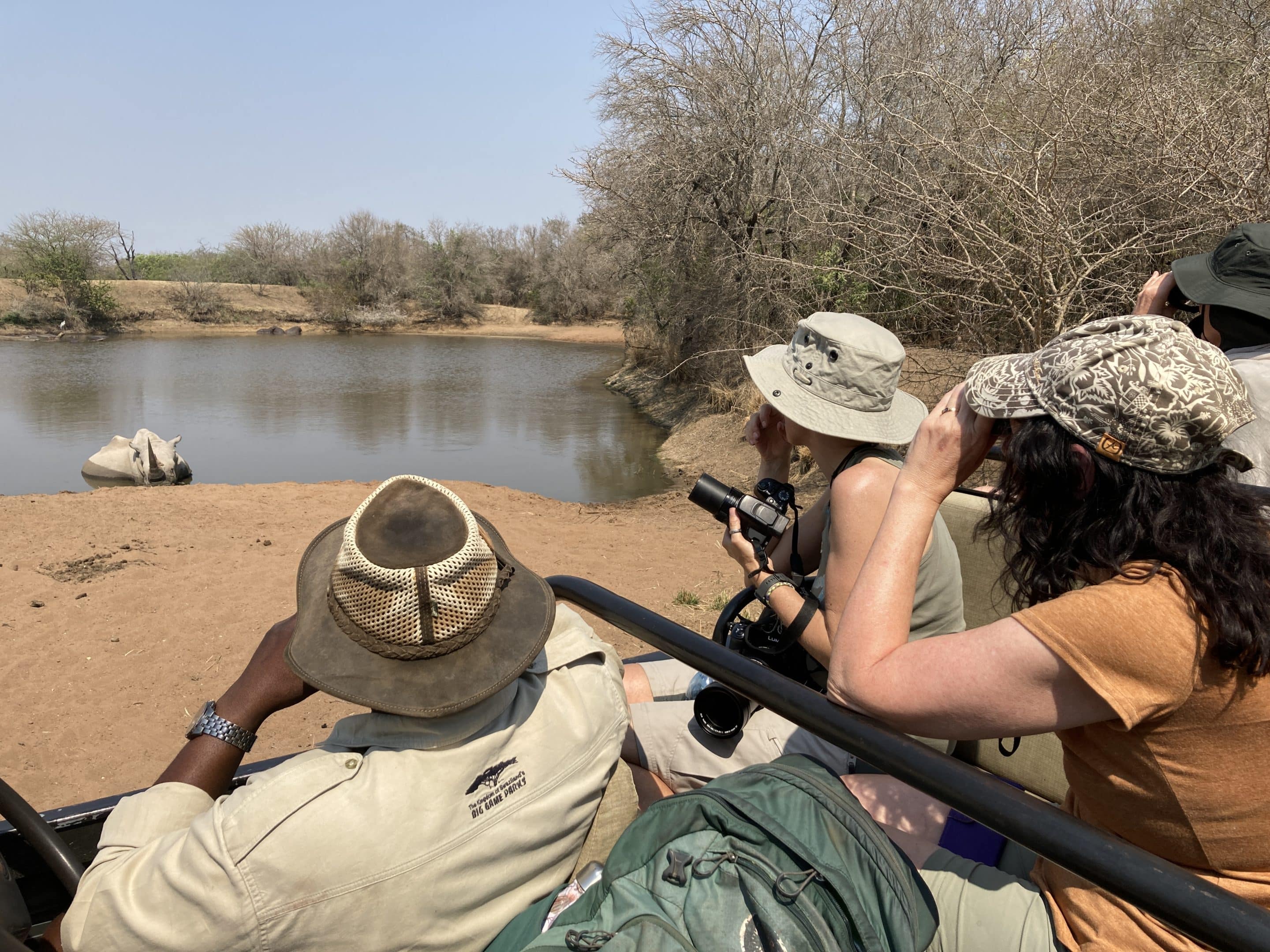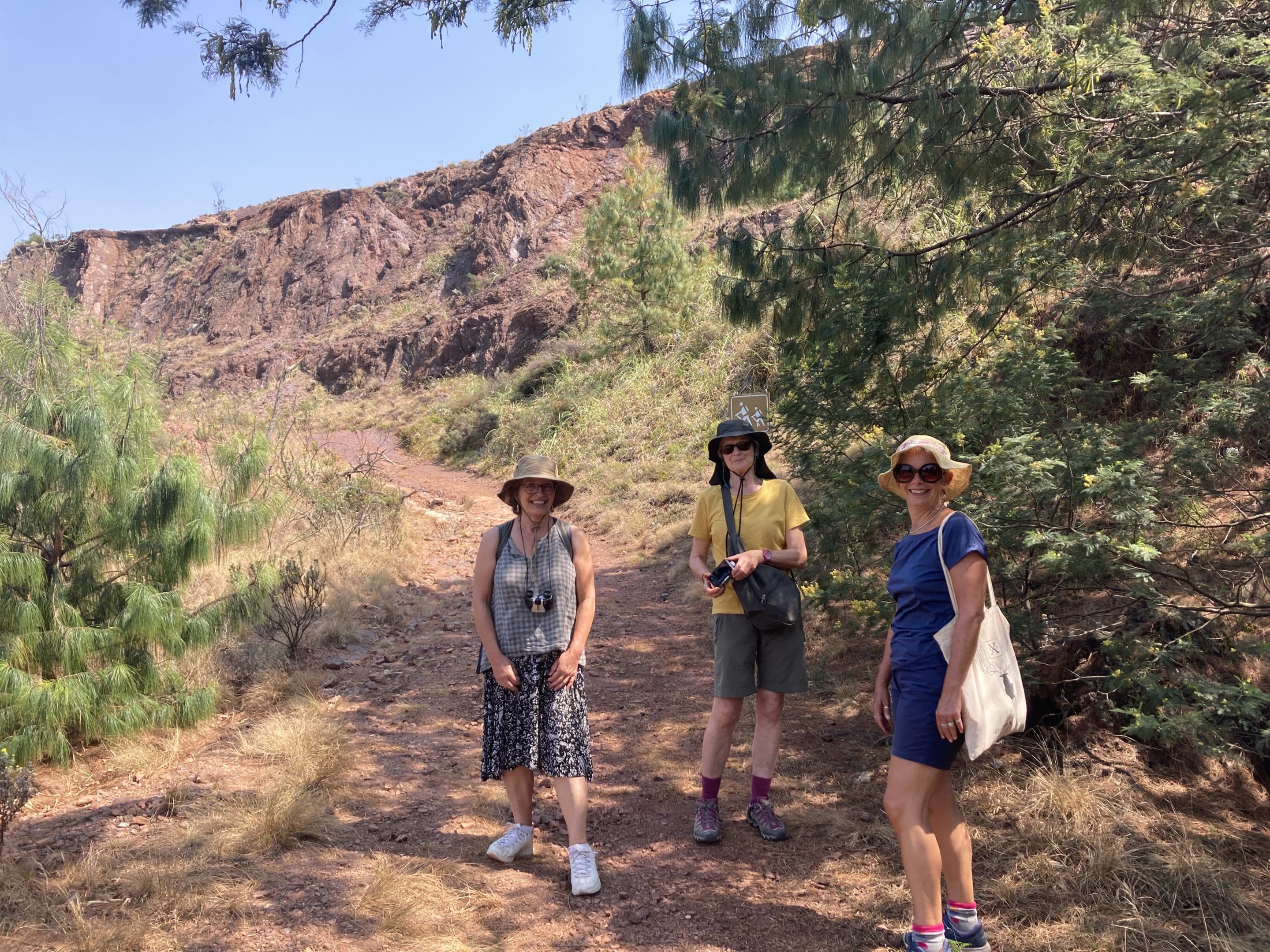Tourism has the potential to both enrich and devastate a country’s economy, landscape and cultural structures. Not everyone reaps the benefits. While we, as tourists, enjoy travelling to new places and take away incredible experiences, it is often local people that miss out on the economic prosperity that tourism can bring. This is why ethical travel is so important.
What is Ethical Travel?
Ethical travel, also known as responsible travel, means travelling with an awareness of the consequences tourism can have on a country’s environment, animals and people. With that awareness and knowledge, we can travel in a way that is advantageous to the local communities we visit.
What Are the Negative Impacts of Tourism?
Tourism can put enormous pressure on an area and lead to environmental impacts such as increased pollution, habitat destruction, pressure on resources, increased crime rates and the loss of the cultural identity of a community. For example, in Thailand the number of annual visitors went up from 25 million in 2014 to 40 million in 2019 which put a huge strain on the air quality and ecosystems of the country. The famous beach, Maya Bay, that appeared in the film ‘The Beach’ starring Leonardo DiCaprio, was forced to close in 2018 in order to revive the corals and aquatic wildlife that had been decimated by speedboats and tourists. Access to this now-protected beach has been reopened after 4 years, but under strict conditions. Many wonder if the conservation progress made will last.
One of the biggest concerns in the tourism industry is that many hotels and resorts are owned by big, often western, corporations which exclude locals and are often built on their land. The visitors to these hotels often stay within the resorts and consequently do not spend money in the local community.

What Are the Positive Impacts of Tourism?
Of course, tourism is not all bad, and can have great benefits towards a country. Revenue created from tourism can develop infrastructure, nature conservation and accessibility. It also creates many jobs and business opportunities. There are many arguments that tourism encourages the preservation of heritage sites and culture as tourism boards want to upkeep customs and traditions to promote those areas.
Tourism also actively supports and protects wildlife. When on safari in game parks, private reserves and national parks, the presence of tourists not only provides income but also assists anti-poaching measures by paying for salaries and much needed equipment. Their presence makes it harder for poachers to capture their prey.
Some community initiatives are totally reliant on tourism. Shewula Mountain Camp in Eswatini is one of these. The income they receive goes towards the whole community, alleviating poverty and supporting vulnerable groups.
How Can You Travel Ethically?
While we don’t have the power to change the revenue distribution of the tourism industry entirely, we can rethink where we are spending our money:
Stay away from all-inclusive and big chain resorts that are (often) owned by foreigners. When meals and tours are included in your stay, it means the money stays within the walls of the resort. Not only is it a shame to miss out on interacting with and exploring the local community but it also means that your visit does not directly benefit the locals.
It is all too easy to travel with the crowd. But often you miss out on hidden gems that lie off the beaten track. Visit the areas of a country where tourism needs a boost, where locals are waiting for travellers to enjoy their services. By visiting less touristy places, you are supporting smaller economies that don’t directly benefit from their otherwise touristic countries.
Book directly with the business instead of with Airbnb or Booking.com. While these websites are great for businesses to find clients, they charge a commission, and this means the owner does not get all their revenue.
It is best to avoid all animal related tourism, unless you know of a well-reputed sanctuary or rescue centre. Animal tourism can be a real problem as many animal attractions, such as riding elephants or swimming with dolphins, sadly involve some level of cruelty and exploitation.
Ethical Travel at Sense Earth
We are passionate about creating ethical journeys of a lifetime. As travel specialists, who have lived worked and breathed travel since we can remember, we are dedicated to responsible tourism. With us, you will experience vibrant culture and wildlife and return home with glorious memories, having travelled on an environmentally and socially sensitive journey.
What We Do
We use local guides to ensure your money stays in the destination and, when out on safari, we don’t get too close to animals for that ultimate photo. Savour the experience and respect the wildlife.
We encourage our guests to learn a few words of the local language to show respect for the culture. Appropriate phrases are given in our handbook.
We ask guests to respect local customs and wear appropriate clothing.
Sense Earth can organise for guests to donate to a local school or community, and we can advise on how to give gifts in an appropriate and fair manner. We discourage the giving of sweets or money to children as this encourages begging, takes children out of school, and isn’t a healthy option.
We inform our guests to ask before taking photos of local people. If guests have a digital camera, we ask them to show their pictures to their subjects. Not only is this polite, but it can break the ice and encourage conversation!
Sense Earth encourages guests to buy handicrafts and souvenirs from local stalls rather than imported souvenirs from neighbouring countries. In doing so, this directly supports the local communities and encourages local initiatives which are reliant on tourism. We also stress not to buy souvenirs made from endangered species such as ivory and ebony.
Water is a scarcity, so we ask guests to be aware of their water usage. Littering is strictly prohibited, especially cigarette butts which are poisonous to the wildlife and, if still lit, can have catastrophic consequences.
Ethical Travel Should Benefit Everyone
At Sense Earth, we want to leave the communities we visit better off in some way. In our minds, ethical travel is an integral part of your holiday.





